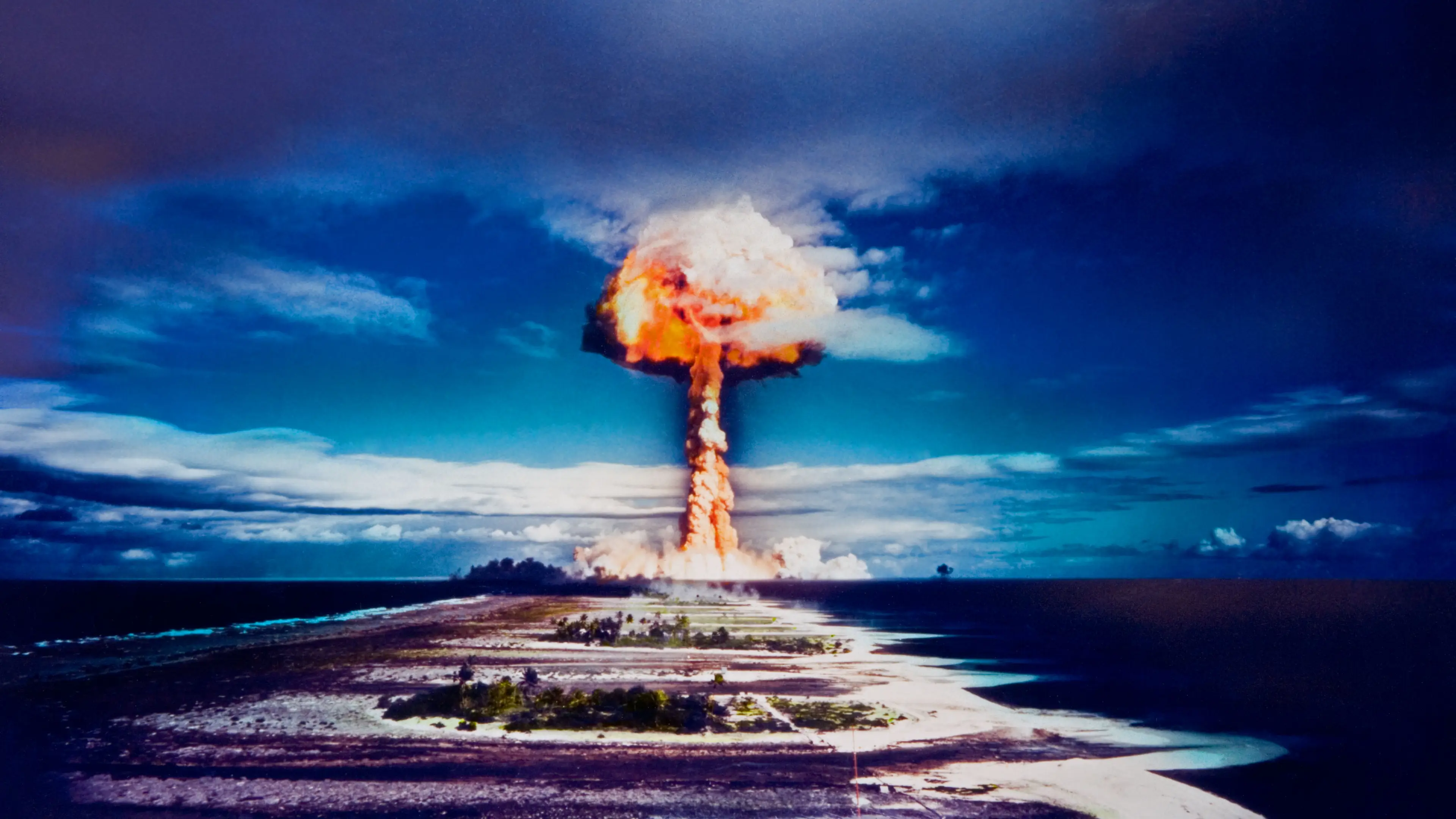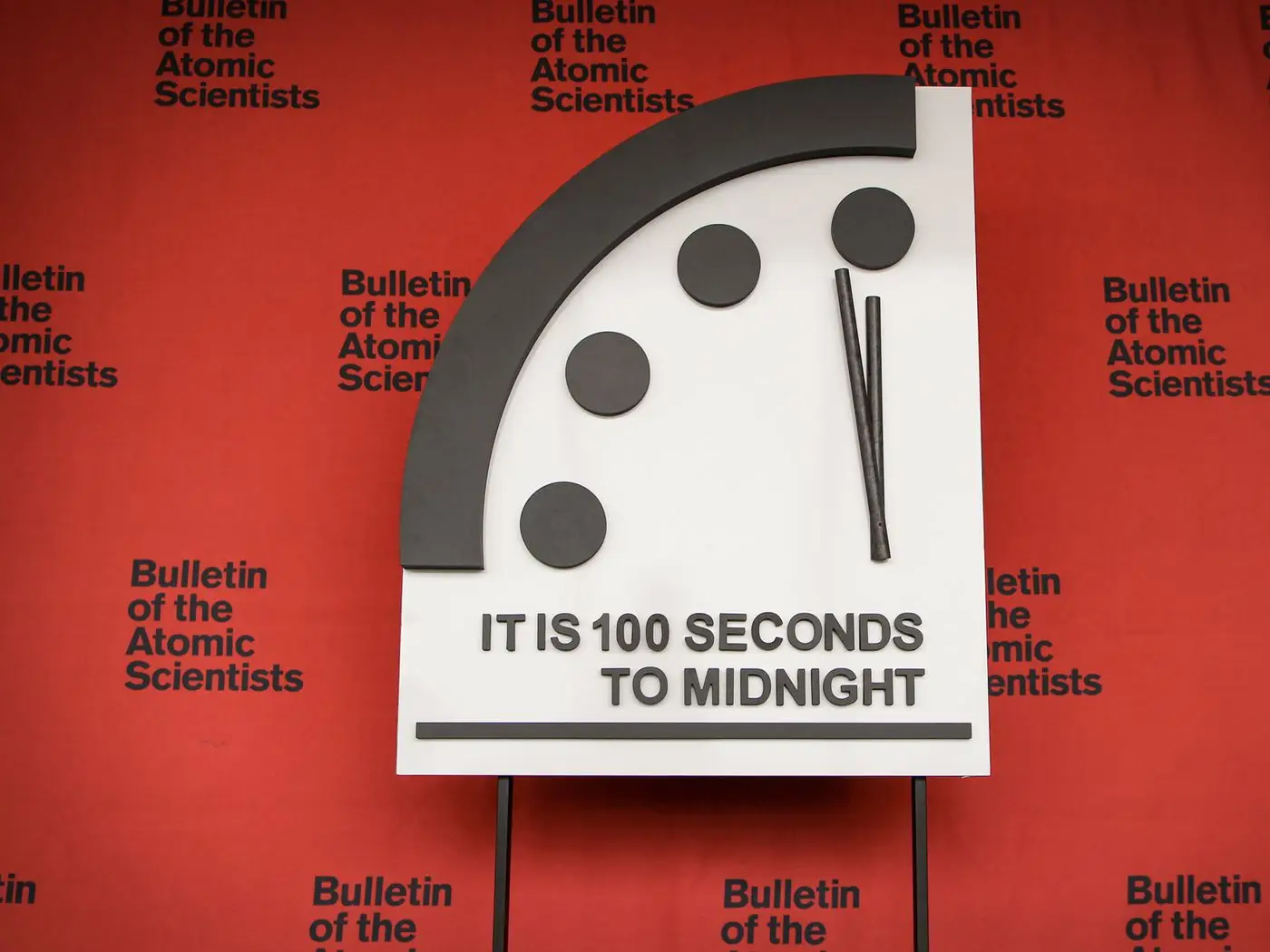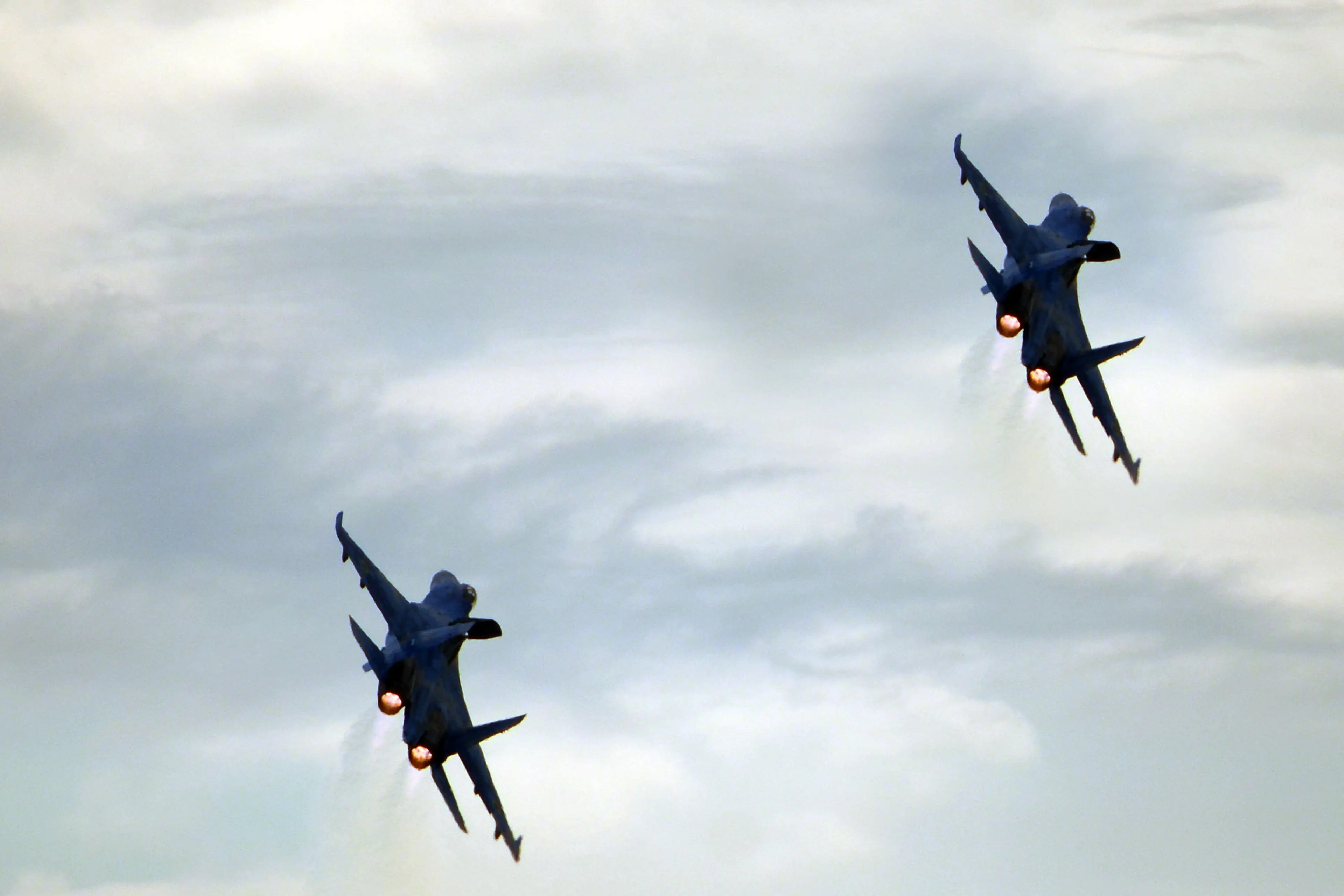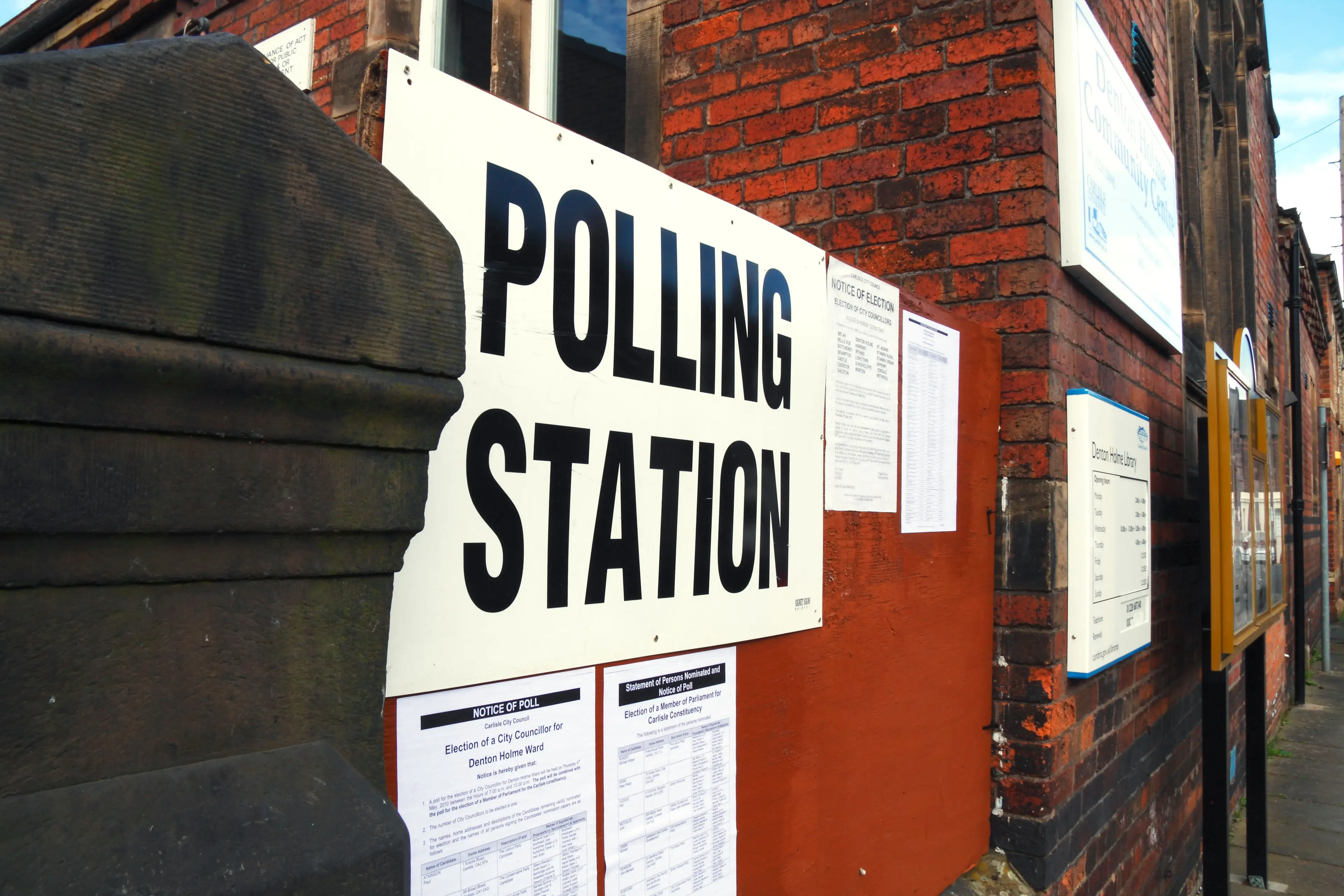
The experts who calculate the position of the Doomsday Clock - which is used symbolically to calculate how close to an apocalypse the human race is – have explained a number of ways how ordinary people could help stem the tide and see the clock pushed back and ultimately, see humanity edge further away from the precipice.
The Bulletin of Atomic Scientists, who release an annual statement addressing how close we are to oblivion through factors that include nuclear war and climate change, stated this year that the figurative clock still stands at 100 seconds to midnight.
That’s not great for us, and it's the closest that the clock has ever been to full-scale global meltdown.
So, during an online webinar, some of the foremost experts on the subject gave their opinions on how we can change the situation.
Advert

The good news is that they still think we can turn things around, and the future is very much still in our hands.
Robert Socolow, an American theoretical physicist and professor emeritus at Princeton University started things off.
“We can turn the clock back [and] we have,” he said, “I believe we can.”
The governments really have the capacity to be less parochial and see the value of themselves having broader agreements.
“The ordinary citizens can – above all – not lose hope.
“What I worry about most is the discouragement that is setting in that we can’t solve these problems that have been around for so long, but we can.
“That will be driven by ordinary people, we can make smaller changes in our lives that are unfamiliar, and we’ll get better at it, maybe that will spill over to some of the other issues [such as] why on earth are we living with a nuclear threat over our heads still?
“We just have to pay more attention to where these threats are coming from, then political will is going to be essential and despair is the worst sin, in a way.”

Public health expert and expert in emergency preparedness Suzet McKinney added: “Not only despair, but also complacency.
“The political will in all of this is critical.
“One of the more active things that citizens can do is… read the clock statement and work to understand the things that we’re most concerned about and express your concerns to your legislators and your local elected officials, because it is the political will to make significant strides against all of these types of threat that will get us to where we need to be so that we can turn then clock back.”
Robert Latiff, a former Major General in then US Air Force and member of board at the Bulletin of Atomic Scientists, continued: “I have a two word answer. The first word would have been vote.
“The biggest thing that we as citizens can do is vote for the people who share our concerns.
“The second one would be - educate yourself. The problem is people taking what they’re hearing and seeing at face value, and that is very dangerous.
“Vote and educate.”

The final expert, Steven Miller – director of the International Security Program – pointed out that the clock has moved back before now, sometimes in significant measures such as the end of the Cold War.
“That suggests that working towards the detoxification of great power relations would be one significant thing that one could do to help us move the clock back.
“In my domain of nuclear affairs, rebuilding the case for arms control and re-establishing some momentum in that direction would be a development that would cause us to think we could move the clock back.
“In general, I would close by endorsing the point already made…we have to struggle against primitive behaviour on behalf of powerful states, we have to foster a wider understanding of the wisdom of restraint and prudence in our affairs and not recur to these simplistic nationalistic impulses that seem to govern both American and Russian and other state behaviours.
“The route to that is an informed citizenry that has the ability to take a more sophisticated view of the world and inoculate itself against these primitive impulses that bring us to crises like Ukraine.”

The positive news to take from this is that those who are most clued into the world’s current situation when it comes to existential threat are confident that we can still change the world, so long as we apply pressure in the right places, elect the right people, follow the right advice, and – above all – don’t lose hope.
Topics: World News, Science, Technology, Politics